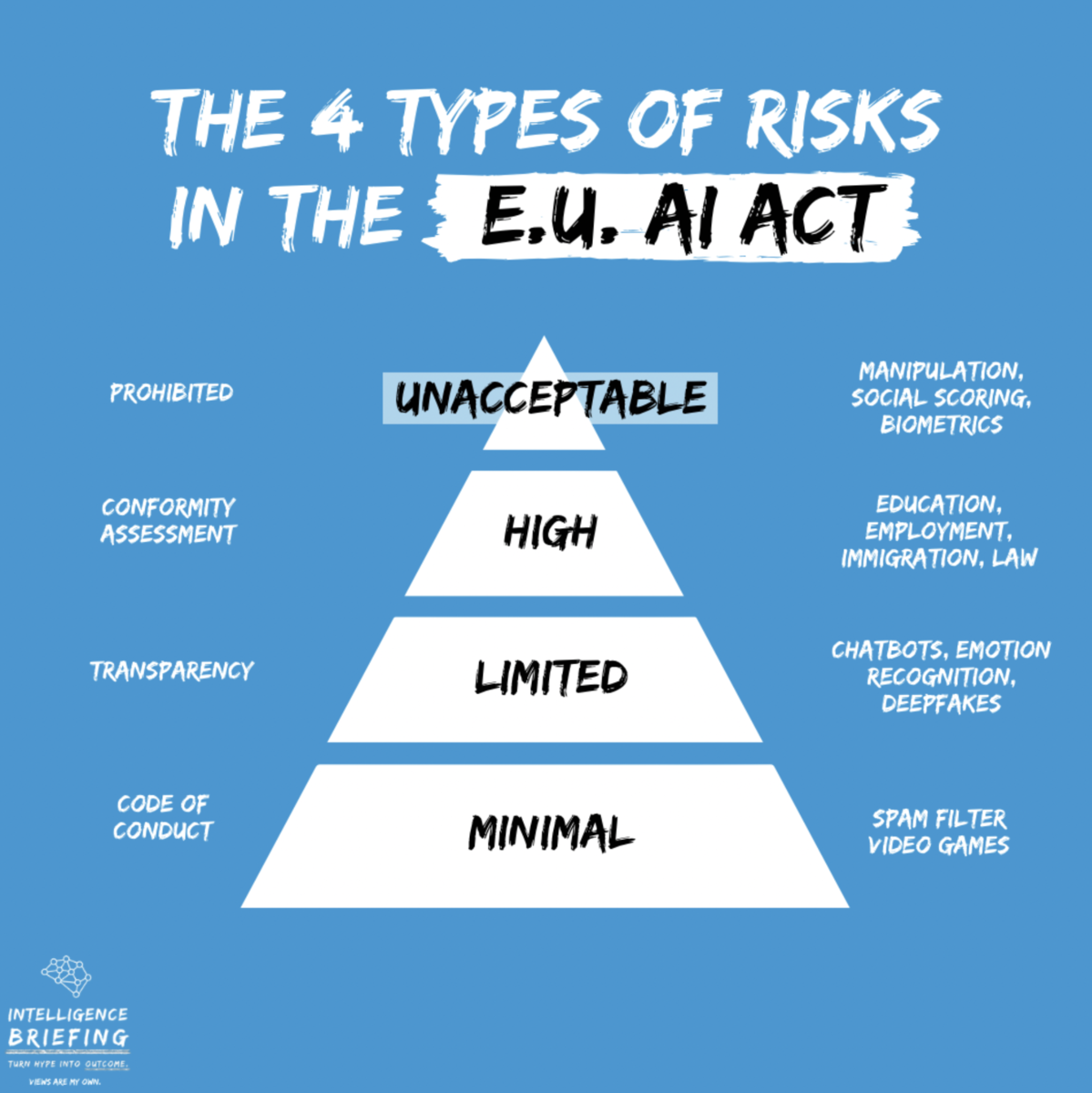Griffin on Tech: Let’s take Sam Altman at his work and regulate AI
OpenAI’s co-founder Sam Altman appeared before the US Congress this week and cut a much more confident and empathetic figure than the likes of Mark Zuckerberg and Jeff Bezos in their own appearances in recent years.
He left American politicians with a clear message - he’s worried about the impacts that generative AI based on large language models will have on society, from the mass displacement of jobs to AI-powered disinformation campaigns sweeping the world.
“We think that regulatory intervention by governments will be critical to mitigating the risks of increasingly powerful models,” Altman said.
Those politicians attending the three-hour session were largely united in their view that some sort of regulatory oversight of AI needs to be put in place. There’s the bitter reralisation among them that they failed to properly address the excesses of social media and don’t want to make the same mistake again.
“Too often we have seen what happens when technology outpaces regulation. The unbridled exploitation of personal data, the proliferation of disinformation and the deepening of societal inequalities,” said Connecticut senator Richard Blumenthal. Well, he didn’t say it - he played an audio recording of those words being spoken that sounded very much like him but which was generated by AI.
It was in stark contrast to the senate sessions attended by Zuckerberg and other Big Tech CEOs, which revealed an embarrassing digital literacy deficit among the lawmakers assembled to grill them with questions.
So with everyone on the same page about the need to regulate, the question facing every government now is how to go about doing so. The European Union is well ahead of the pack with its AI Act, which has been in development since 2021.
“With the arrival of ChatGPT, we believe we’ve got to accelerate it,” Nina Obermaier, the EU’s Ambassador to New Zealand said at a Diploshere panel discussion on AI at the Beehive this week that I was also involved in.
Look to Brussels
The EU has taken a pragmatic stance on regulating AI, creating a four-tier system examining the use cases for AI. Entry-level use cases such as AI-powered video games deemed to pose minimal risk get light-touch regulation, while high-risk use cases, such as using AI to assist in judicial decisions, will require assessment by a dedicated AI regulator that the EU intends to establish.

Importantly, the EU also plans to introduce a sandbox system, so companies can test innovative uses of AI before unleashing them on citizens. There’s a lot of detail to work through this year before the AI Act is finalised, but Obermaier told me that there’s also bipartisan support in the European Parliament, so it should be ready to be introduced early in 2024.
The EU has done the hard yards for the rest of the world. The AI Act has the potential to offer a template for countries including New Zealand to begin legislating. The sooner we get moving on that the better.
The mini innovation budget
Yesterday’s budget seems to have been met with a wall of ambivalence from Kiwis struggling with the cost of living crisis.
Many commentators have stated the obvious - Grant Robertson was between a rock and a hard place - he needed to increase and extend benefits and subsidies to take the pressure off families but without stoking inflation by pumping too much money into the economy.
In the process, no one is jumping for joy and it's slightly depressing that so much cash is being spent just to maintain the status quo.
But there was some decent forward-looking investment too, including the much-needed infrastructure package to address the damage wrought by Cyclone Gabrielle. In tech and science, there is new cash for initiatives that will help stimulate the sort of high-value, innovation-based economic activity that will increase salaries and export earnings.
We saw a smattering of science and tech investments which I’ve summarised here. Vic has several more in her analysis, and like her, I’m really pleased and relieved to see the extension of the free broadband scheme currently used by up to 18,000 student households.
I’m excited about the three R&D hubs that will be developed in Wellington, particularly the tech hub at Gracefield that will focus on “advanced manufacturing and materials, energy futures and biotechnology”.
These investments are definitely a step in the right direction and see us start to play catch-up with other countries that have been more proactive in digital skills, science and tech investment.
